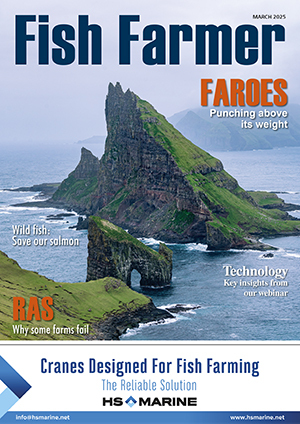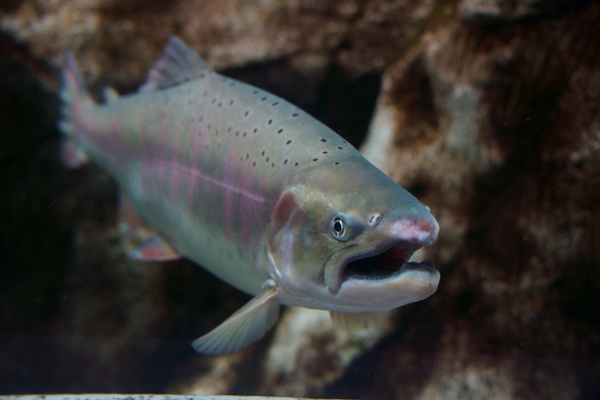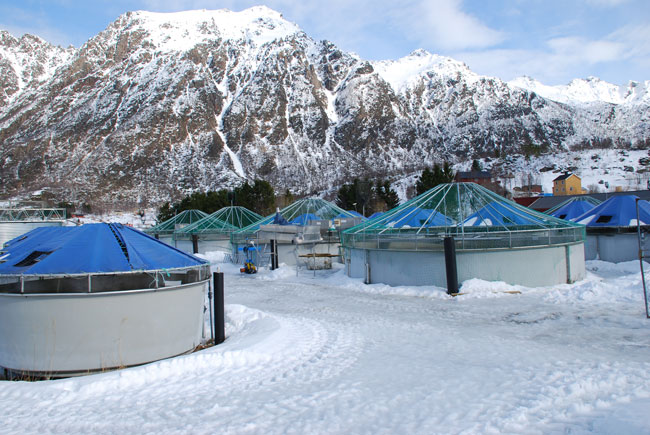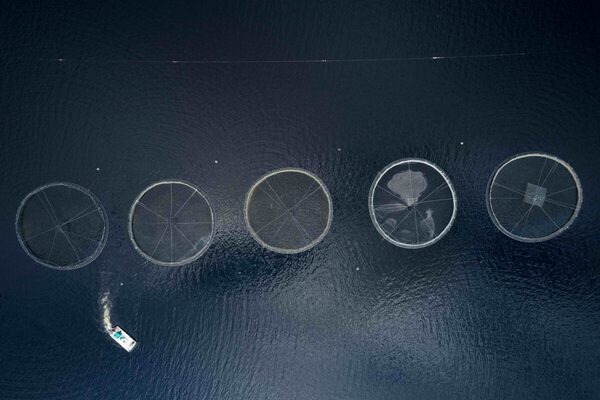Off-flavour problem forces Nordic Aqua to raise more capital
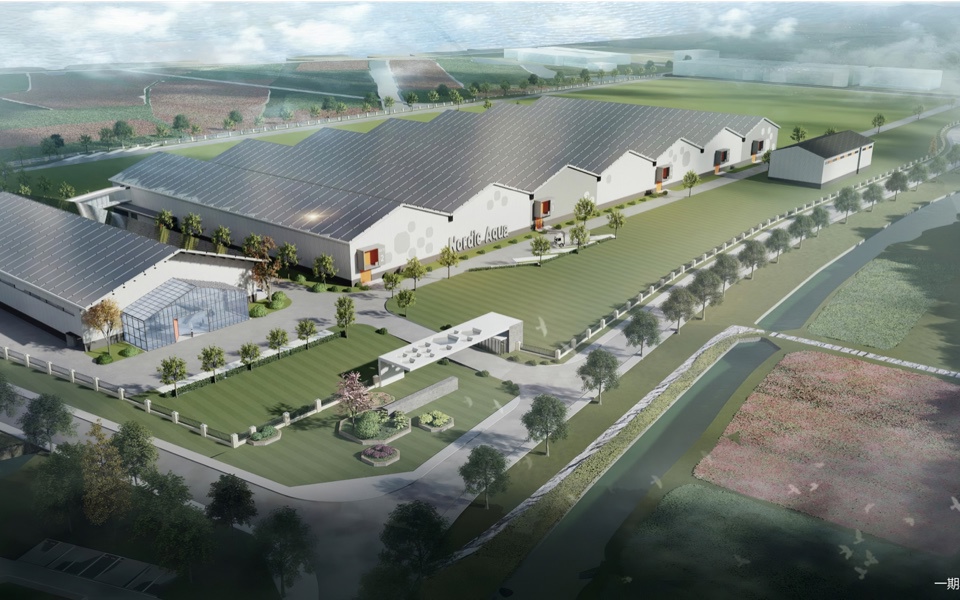
Salmon farmer Nordic Aqua Partners is set to raise around NOK 250 million (£18m), to see it through a “geosmin” issue at its production facility in China.
The Norwegian company is developing a large recirculating aquaculture system (RAS) farm at Ningbo.
Geosmin, which can affect the taste of salmon, became a problem last month at the plant and has continued into the current quarter, leading to lower turnover and a significantly reduced harvest in the final half of this year.
Geosmin, also known as petrichor, is a naturally occurring compound known to be absorbed by fish in RAS facilities. Although it is harmless to both fish and humans, it can, in elevated concentration, negatively affect the taste of the fish with an earthy flavour.
Despite this, the company’s Q2 report said the company had a good operational and biological performance for all batches with excellent fish health and welfare
The Q2 biomass production of 1,014 tonnes resulted in a total biomass of 2,432 tonnes by quarter end along with a strengthened commercial and operational organisation.
The company has available liquidity of 10.4 million euros (almost £9m) at the end of June.
But Nordic Aqua added that due to reduced harvest and CAPEX (capital expenditure ) related to geosmin, additional equity financing of approximately NOK 250 million needed to be raised
CEO Ragnar Joensen, said: "I am pleased that our pioneering business got off to a good start. In the first operational quarter of our start-up year, we increased sales month-by-month and produced Atlantic salmon at a superior rate of 99%.
“Unfortunately, we were unable to follow up on this development at the start of the third quarter, and we must make certain adjustments in production to making us more robust in the future.
“As a result, there will be changes to our harvesting schedule and sales in the second half of 2024."
Immediate and long-term solutions were now being implemented, and further corrective actions are under implementation, to ensure a permanent solution during the second half of this year.
Consequently, there will be delays in harvesting, and the company now expects limited or no harvest in the third quarter.
"We are monitoring the situation closely and we have a good understanding of what we need to do,” the CEO added.
However, effects from actions taken will take somewhat longer than previously anticipated and will thus affect production and limit production in the third quarter. However, we see no need to change the production plan for 2025.”
Maintenance Engineer (Electrical) - Mowi Scotland
Skye & Lochalsh£36,635 to £43,702 per annum
Apprentice Farm Technicians (South Uist) - Mowi Scotland
Isle of BenbeculaFrom £27,236 per annum
Freshwater Site Manager - Bakkafrost Scotland Limited
Tornapress£61,402.06 per annum
Hygiene Operative - Night - Bakkafrost Scotland Limited
Cairndow£22,313.50 to £23,429.18 per annum
Skipper (Beinn Mowi) - Mowi Scotland
Argyll & ButeFrom £34,861 per annum
